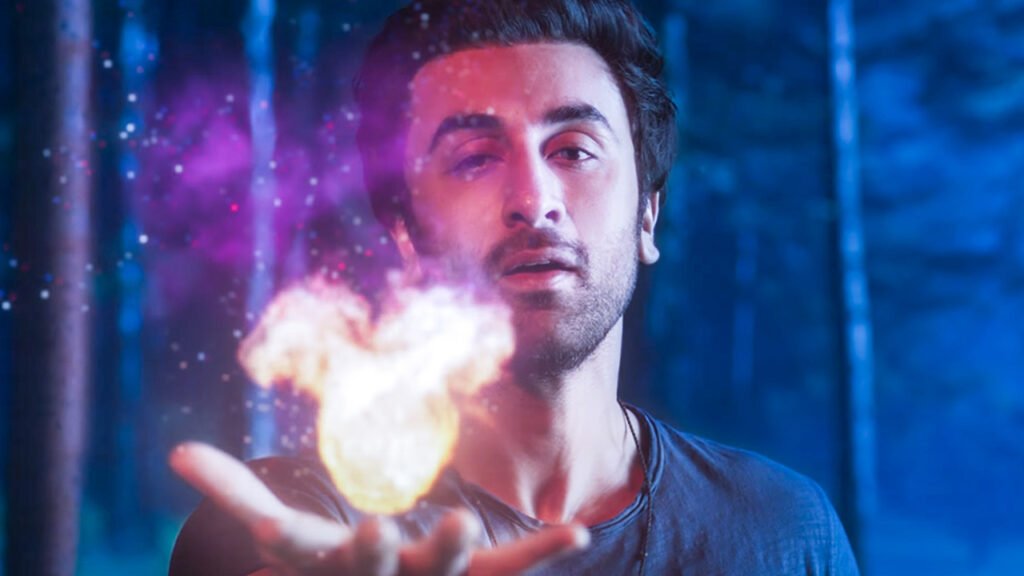In a recent development, the Delhi High Court has dismissed a plea seeking an interim injunction against the broadcast and streaming of the Bollywood film ‘Shamshera,’ starring Ranbir Kapoor, on OTT platforms. The film, directed by Karan Malhotra and featuring Sanjay Dutt and Vaani Kapoor, was released in India on July 22, 2022, produced by Yash Raj Films.
Allegations of Copyright Infringement
Filmmaker Bikramjeet Singh Bhullar filed the plea against Yash Raj Films (YRF) and others, alleging that the plot and theme of ‘Shamshera’ infringed upon his copyrighted script titled ‘Kabu na chhadein Khet.’ The court, in its order dated December 20, rejected the plea, emphasizing that the treatment of the film’s story significantly differentiated it from Bhullar’s script.

Delhi High Court Observations
Justice Jyoti Singh, presiding over the case, noted that the ideas presented in Bhullar’s script lacked copyright protection, especially concerning stock elements. The court asserted that a comparison between the script and the film did not establish substantial copying, stating, “There can be no doubt that writers must be given their due. However, the plaintiff has been unable to make out a prima facie case of copyright infringement.”

No Copyright in Themes, Plots, or Ideas
The High Court underscored that there could be no copyright in a story, particularly in the case of a “period drama.” It further clarified that protection did not extend to themes, plots, or ideas. The order stated, “There can be no copyright protection in themes, plots, or ideas.” The court emphasized that while writers deserved acknowledgment, Bhullar failed to establish a case of copyright infringement.
Historical Genre and Common Elements
Addressing the specific genre of the film as a “period drama,” the court highlighted that many films in the past, including ‘Kesari,’ shared similar genres and themes. It stated, “Comparison of locations set in North India, as rightly contended by the defendants, cannot be a ground to hold infringement of copyright.” The court further illustrated that elements such as burning oil, water, birds, star navigation, secret underwater tunnels, horses, and cultural features were commonplace and did not merit copyright protection.
The Delhi High Court’s order emphasized the importance of establishing a prima facie case for copyright infringement. The court found that the plaintiff’s claims lacked merit, reinforcing the idea that common themes and elements within a genre do not necessarily indicate copyright infringement.

